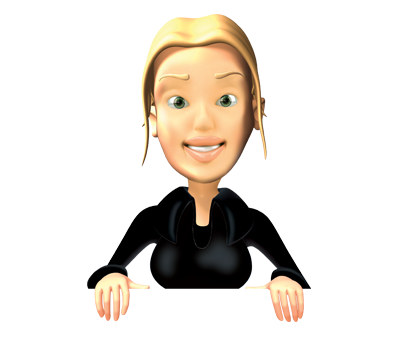The time when babies get their first primary teeth (milk teeth) varies. A few are born with a tooth already, whilst others have no teeth at one year. Teeth generally start to show when a child is four to nine months old, although every baby develops at their own pace. This is known as ‘teething’. Some babies show few signs while others find it more uncomfortable. Some teeth grow with no pain or discomfort at all. At other times you may notice that the gum is sore and red where the tooth is coming through, or that one cheek is flushed. Your baby may dribble, gnaw and chew a lot, or just be fretful.
Some people attribute a wide range of symptoms to teething, such as diarrhoea and fever. However, there is no research to prove that these other symptoms are linked. You know your baby best. If their behaviour seems unusual, or their symptoms are severe or causing you concern, talk to your health visitor.
Think about your child’s tooth care routine. Brush their teeth with a soft baby toothbrush and a smear of family toothpaste. See your dentist regularly and discuss your child’s oral health with them. Take your baby with you so they get used to the surgery early on. Your child will need help with brushing until the age of seven.



